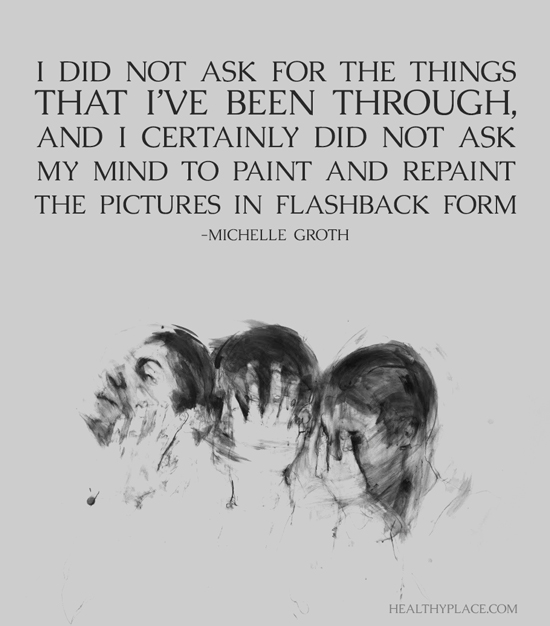

In the process, however, two very destructive endemic conditions in South African society have been obscured. This has generated media interest, and the vulnerability of black working-class lesbians – and thus their very existence – is now squarely in the public eye. Still, it is understandable why murders have created both panic and a wave of defiant and vibrant activism.

Over the past few years, there have been several rapes and murders which were clearly homophobic hate-crimes, although there is no firm evidence of a "corrective rape epidemic". Nonetheless, in a country with severe inequality, violent homophobia (like violent misogyny) has become an outlet for some members of a new "lost generation", unemployable youths caught in a cycle of poverty, emasculation and criminality. In South Africa things are different for two reasons: the social liberalism of the African National Congress, and the role that the established church has played – led by Bishop Desmond Tutu – in arguing for tolerance. In countries such as Malawi and Uganda, the state and the church have promoted this upheaval with official homophobia. The result, inevitably, is social upheaval. Sexuality has become a matter of identity ("I am lesbian") in the region, rather than mere practice ("I sleep with women") an overt insistence on equality, rather than a covert satisfying of desire, accommodated by social norms and traditions. This is part of a broader trend in sub-Saharan Africa. Raised with a post-apartheid consciousness of human rights, many young black women have rejected the traditional roles expected of them: they have claimed the right to live independent of men and taken their sexuality on to the streets with a particular subcultural look. One of the wonders of contemporary South Africa is the flowering of an urban black working-class lesbian subculture. Dipika Nath is conducting research into violence against lesbians in South Africa for Human Rights Watch: "In a context where women are not allowed to say 'no' to sex," she says, "butch lesbians and transgender men can be seen as presenting the ultimate defiance – by their very identity." This has a particular resonance in South Africa, whereresearch suggests that a high number of sexually active teenage girls say their first sexual encounter was coercive. Rapists typically think they are teaching their victims a lesson, either for wanting it too much or for not wanting it enough. In truth the fatal violence against lesbians like Nogwaza and Simelane is an extreme illustration of a truth about all rape: it is always "corrective". What makes this all the more shocking is that South Africa is officially one of the most tolerant countries in the world: its constitution explicitly outlaws discrimination on the basis of sexual orientation, and same-sex marriage is legal. Their murders have been ascribed to an epidemic of "corrective rape" aimed at turning lesbians straight, or at teaching them a lesson for rejecting men. Yet the cases of Nogwaza and Simelane stood out because they were butch lesbians who appear to have been victims of homophobic hate-crime.

The country also has the twelfth highest homicide rate in the world. Rape statistics are notoriously unreliable, but there is consensus that the rate of violence against women in South Africa is extremely high. Two years previously another young KwaThema woman, Eudy Simelane, was raped and murdered. Source: Guardian On Good Friday 24-year-old Noxolo Nogwaza was raped, stoned and stabbed to death in the township of KwaThema, east of Johannesburg. Monitoring African Regional Organisations.UN Security Resolutions on Women, Peace & Security.Empowering Diaspora African Women To Lead.Tools/Resource for Women Political Participation.Monitoring Women's Political Participation & Elections in Africa.African Women's Decade 2010-2020 Annual Review.


 0 kommentar(er)
0 kommentar(er)
